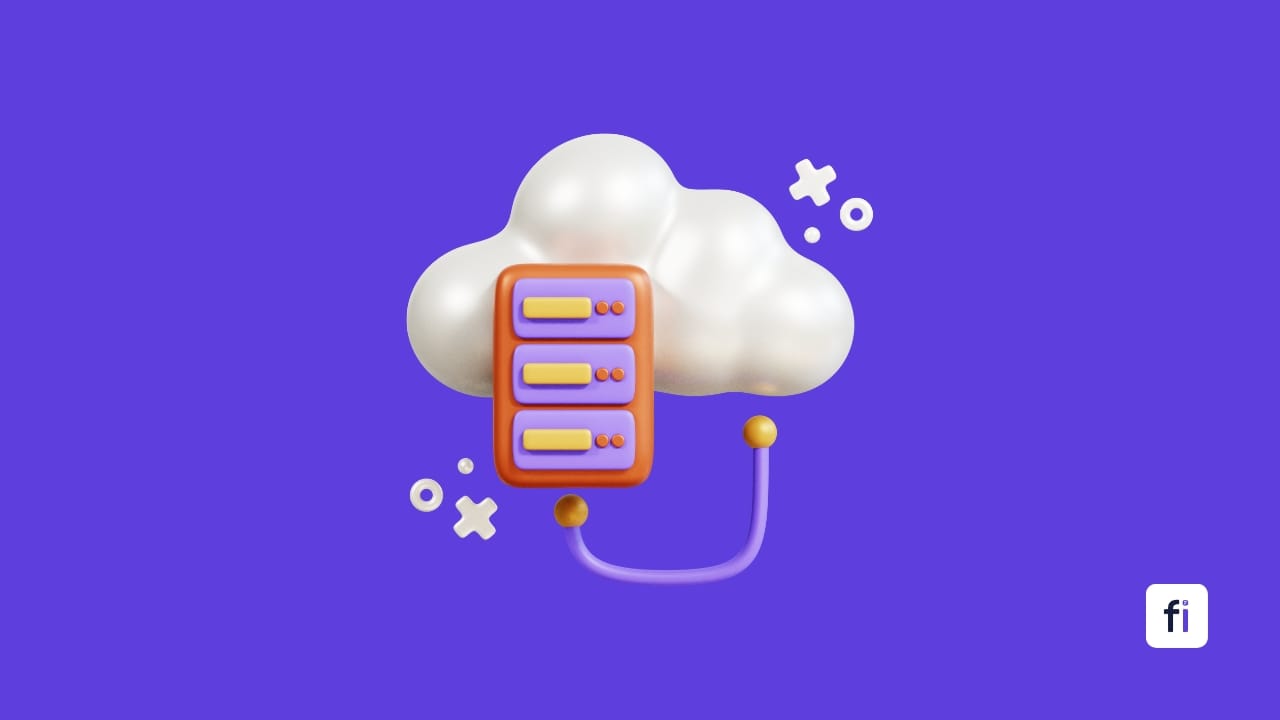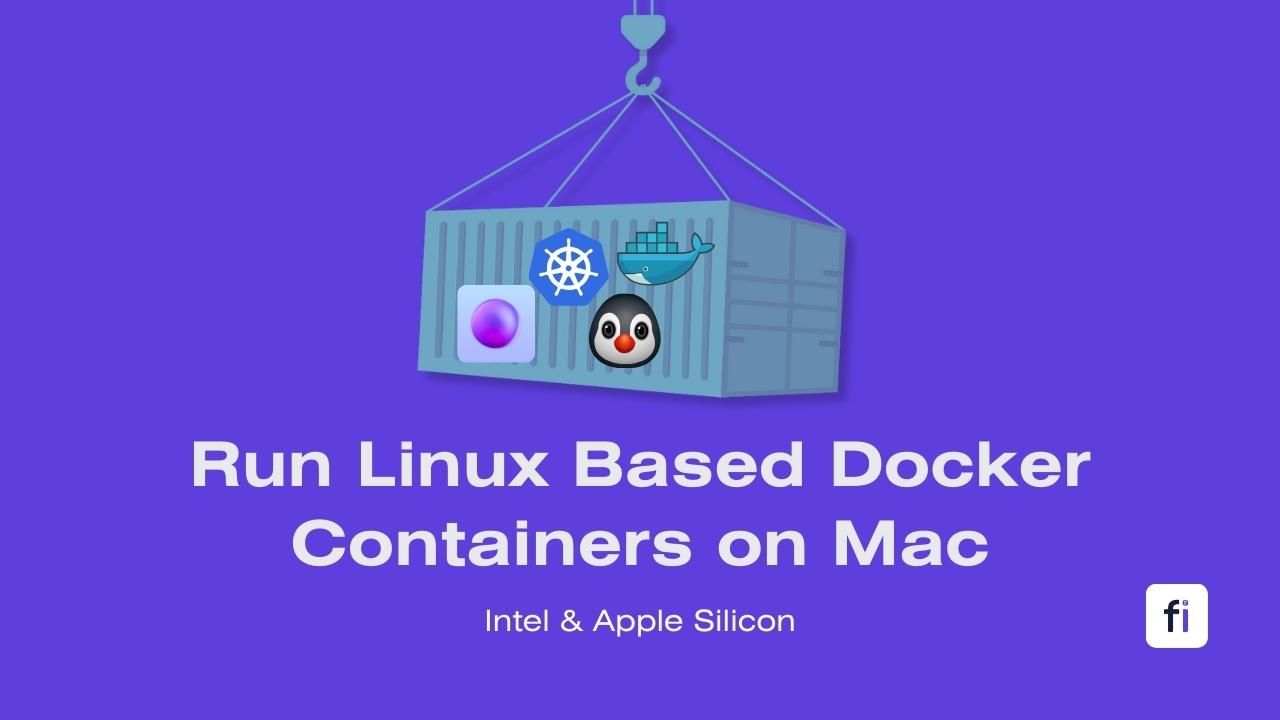Setup Memos Note-Taking App with MySQL on Docker & S3 Storage
Self-host the open-source, privacy-focused note-taking app Memos using Docker with a MySQL database and integrate with S3 or Cloudflare R2 object storage.
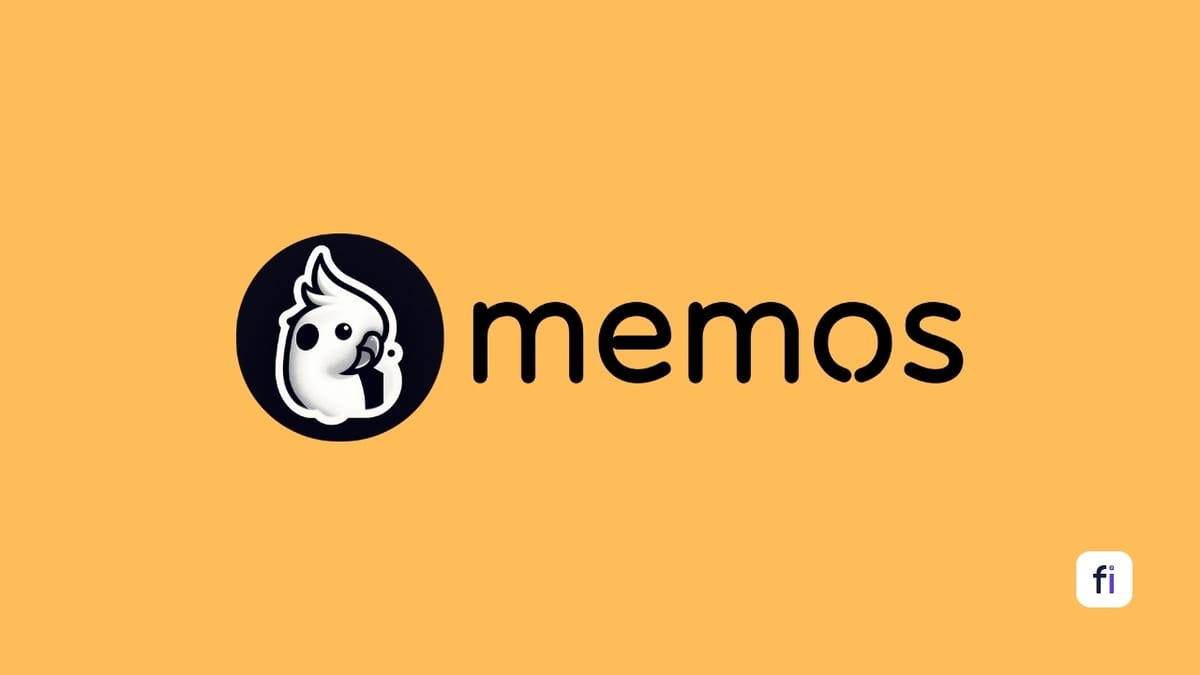
What is Memos?
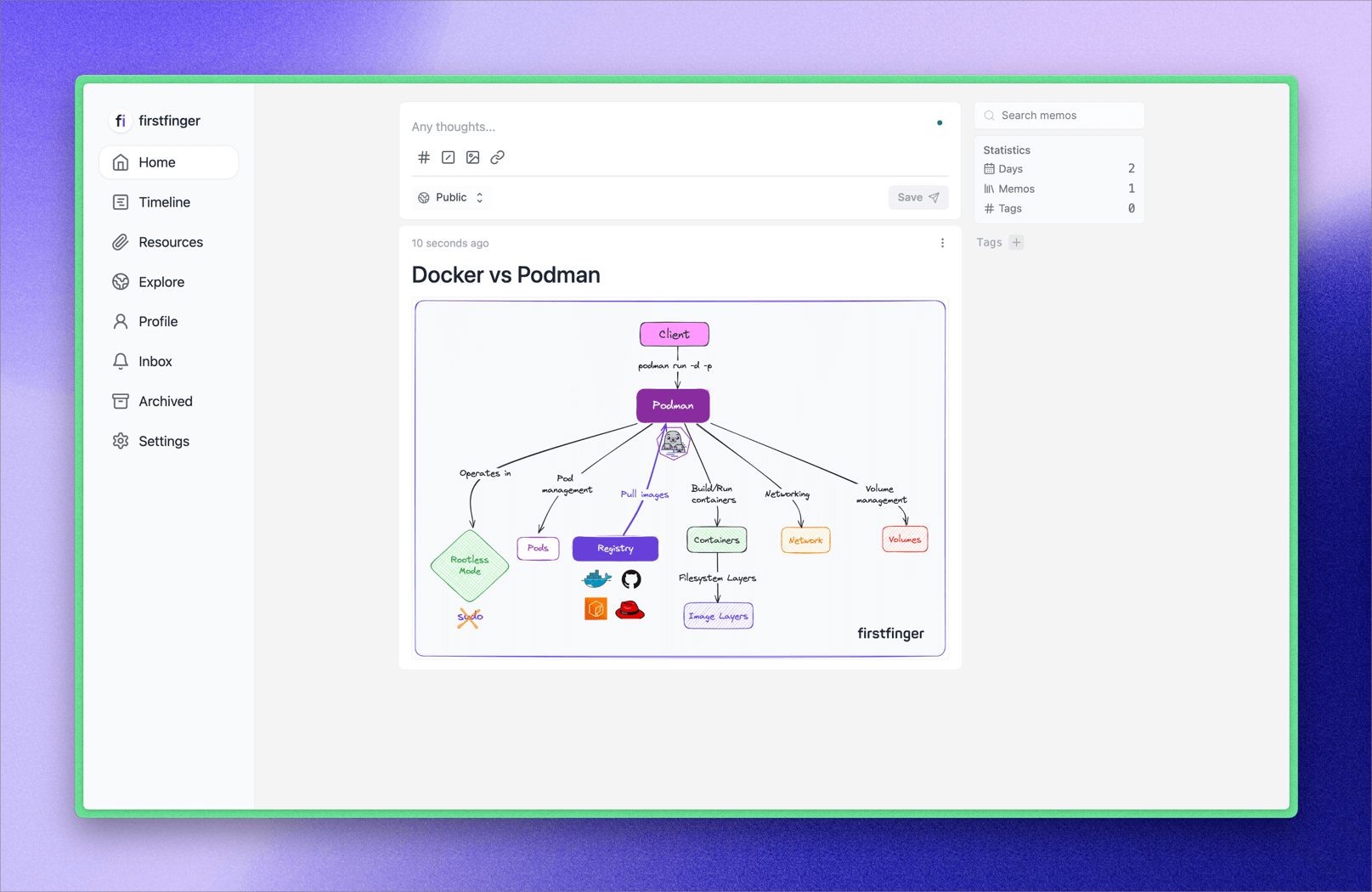
Memos is an open-source, privacy-first, and lightweight note-taking application service that allows you to easily capture and share your thoughts.
Memos features:
- Open-source and free forever
- Self-hosting with Docker in seconds
- Pure text with Markdown support
- Customize and share notes effortlessly
- RESTful API for third-party integration
Self-Hosting Memos with Docker and MySQL Database
You can self-host Memos quickly using Docker Compose with a MySQL database.
Prerequisites: Docker and Docker Compose installed
You have two options to choose MySQL or MariaDB as a Database both are stable versions and MariaDB consumes less memory than MySQL.
Memos with MySQL 8.0
version: "3.0"
services:
mysql:
image: mysql:8.0
environment:
TZ: Asia/Kolkata
MYSQL_ROOT_PASSWORD: memos
MYSQL_DATABASE: memos-db
MYSQL_USER: memos
MYSQL_PASSWORD: memos
volumes:
- mysql_data:/var/lib/mysql
memos:
image: neosmemo/memos:stable
container_name: memos
environment:
MEMOS_DRIVER: mysql
MEMOS_DSN: memos:memos@tcp(mysql:3306)/memos-db
depends_on:
- mysql
volumes:
- ~/.memos/:/var/opt/memos
ports:
- "5230:5230"
volumes:
mysql_data:
Memos with MySQL Database Docker Compose
OR
Memos with MariaDB 11.0
version: "3.0"
services:
mariadb:
image: mariadb:11.0
environment:
TZ: Asia/Kolkata
MYSQL_ROOT_PASSWORD: memos
MYSQL_DATABASE: memos-db
MYSQL_USER: memos
MYSQL_PASSWORD: memos
volumes:
- mariadb_data:/var/lib/mysql
memos:
image: neosmemo/memos:stable
container_name: memos
environment:
MEMOS_DRIVER: mysql
MEMOS_DSN: memos:memos@tcp(mariadb:3306)/memos-db
depends_on:
- mariadb
volumes:
- ~/.memos/:/var/opt/memos
ports:
- "5230:5230"
volumes:
mariadb_data:
Memos with MariaDB Database Docker Compose
- Create a new file named
docker-compose.ymland copy the above content. - This sets up a MariaDB 11.0 database service and the Memos app linked to it.
- Run
docker-compose up -dto start the services in detached mode. - Memos will be available at
http://localhost:5230.
The configurations are:
mysqlservice runs MySQL 8.0 with a database namedmemos-db.memosservice runs the latest Memos images, and links to themysql/mariadbservice.MEMOS_DRIVER=mysqltells Memos to use the MySQL database driver.MEMOS_DSNcontains the database connection details.- The
~/.memosthe directory is mounted for data persistence.
You can customize the MySQL password, database name, and other settings by updating the environment variables.
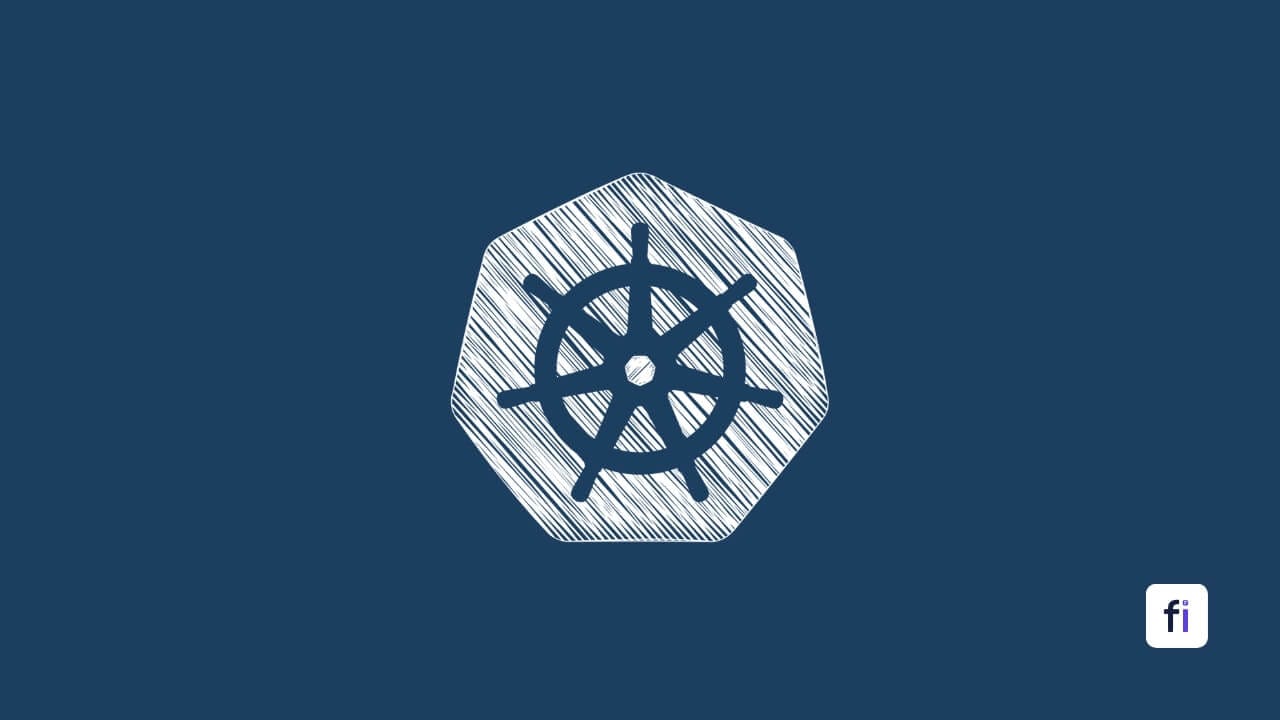
Configuring S3 Compatible Storage
Memos support integrating with S3-compatible object storage like Amazon S3, Cloudflare R2, DigitalOcean Spaces, etc
To use AWS S3/ Cloudflare's R2 as object storage

Settings > Storage- Create a S3/Cloudflare R2 bucket
- Get the API token with object read/write permissions
- In Memos Admin
Settings > Storage, create a new storage - Enter details like Name, Endpoint, Region, Access Key, Secret Key, Bucket name and Public URL (For Cloudflare R2 set
Region = auto) - Save and select this storage
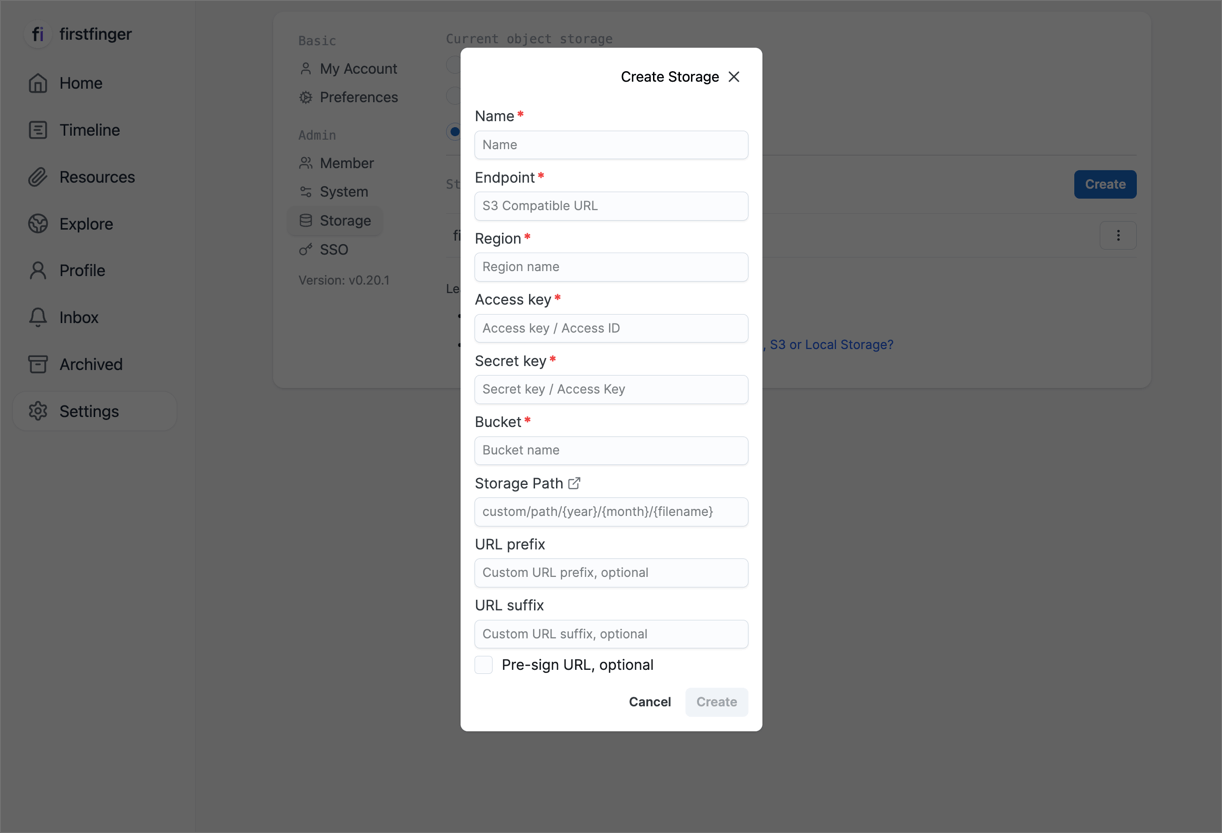
Region = autoWith this setup, you can self-host the privacy-focused Memos note app using Docker Compose with a MySQL database, while integrating scalable S3 or R2 storage for persisting data.
